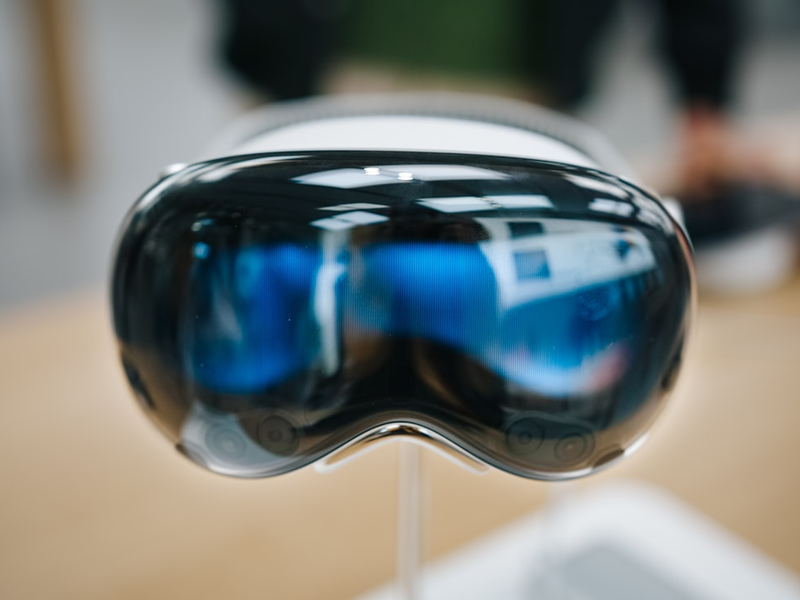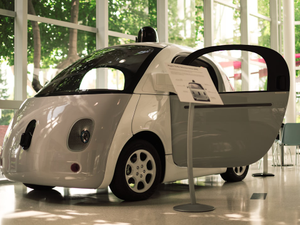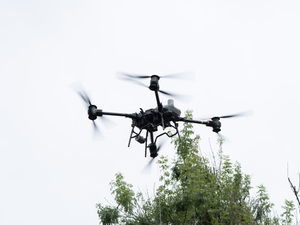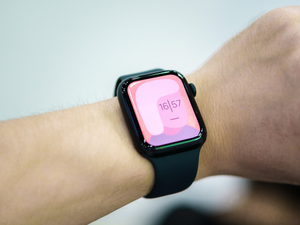AI Glasses: The Next Frontier of Personal Privacy Invasion

Photo by Sam Grozyan on Unsplash
When Meta opened its new West Hollywood store, I stepped into what felt like a glimpse of our technological future , and it was simultaneously exciting and terrifying. The sleek Meta Lab, nestled in the Design District, isn’t just another tech retail space. It’s a curated experience that blends skate culture aesthetics with cutting-edge AI wearable technology.
The smart glasses, a collaboration between Meta and Ray-Ban, represent more than just a gadget. They’re a potential paradigm shift in how we interact with technology and each other. During a hands-on demonstration, I discovered these glasses can take photos, record video, play music, and even generate AI responses to contextual questions , all without touching a smartphone.
However, the convenience comes with significant privacy concerns. Recent reports have highlighted alarming potential misuses, including instances where users could potentially scan and instantly access personal information about strangers. A particularly disturbing example involved Harvard students embedding facial recognition technology into these glasses, enabling instant personal data retrieval.
Mark Zuckerberg has boldly claimed that individuals without AI glasses will be at a “cognitive disadvantage” , a statement that reveals the tech industry’s aggressive push towards ubiquitous AI integration. The glasses represent more than a product; they’re a statement about our evolving relationship with technology.
The Meta Lab’s design deliberately blurs lines between retail, entertainment, and technological exploration. With its punk rock soundtrack, skateboarding artifacts, and free donuts, the space feels engineered to make invasive technology feel cool and approachable.
As we stand at this technological crossroads, we must critically examine what we’re willing to trade for convenience. Are we prepared to sacrifice privacy for the ability to instantly capture and process our everyday experiences? The AI glasses might be a harbinger of a future where constant surveillance is not just accepted, but enthusiastically embraced.
Ultimately, these glasses challenge us to reconsider our boundaries between personal space, technological innovation, and collective privacy.
AUTHOR: cgp
SOURCE: SF Gate





















































